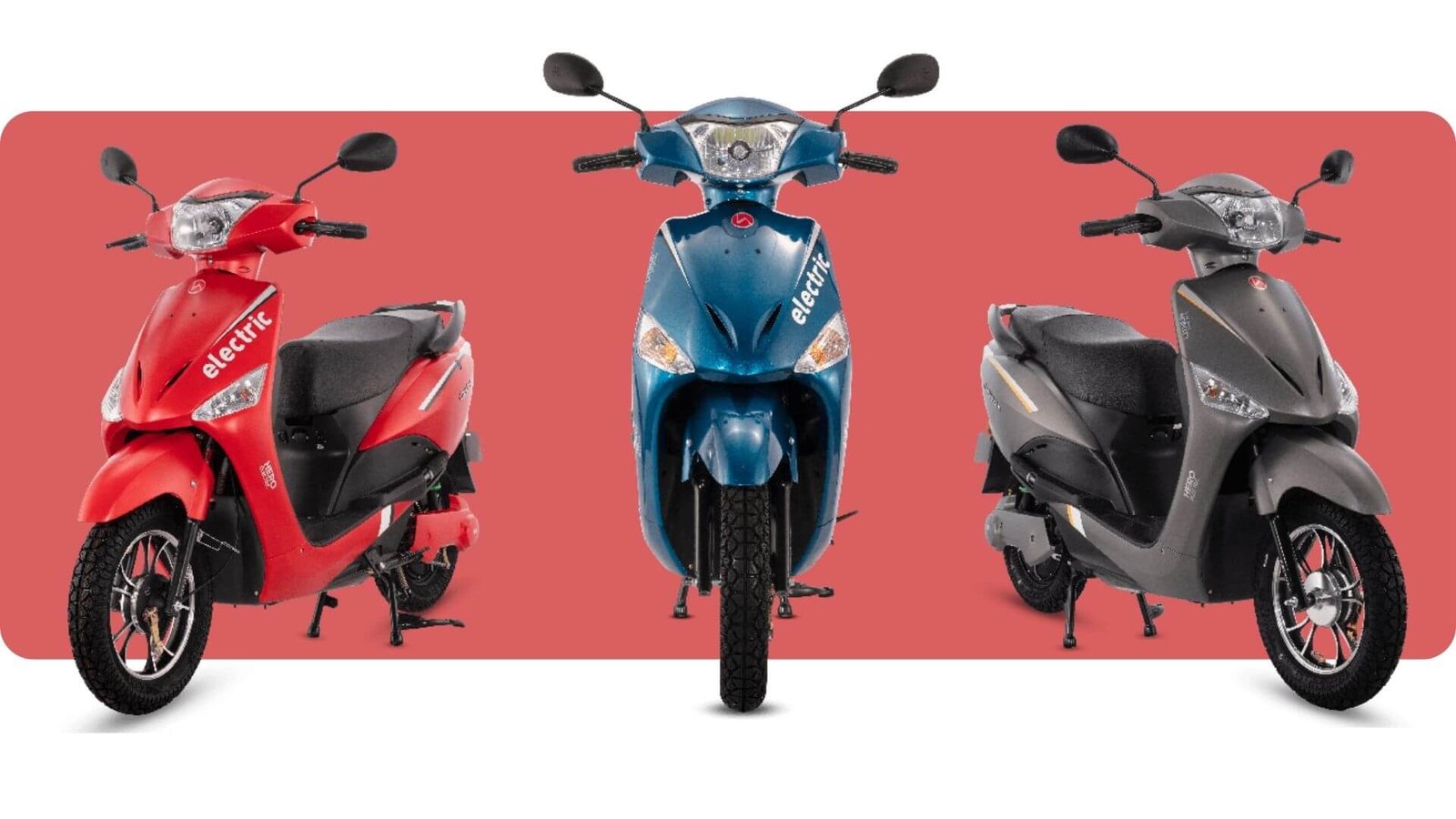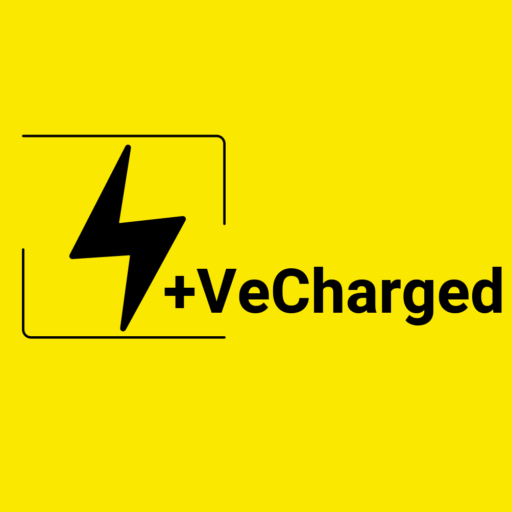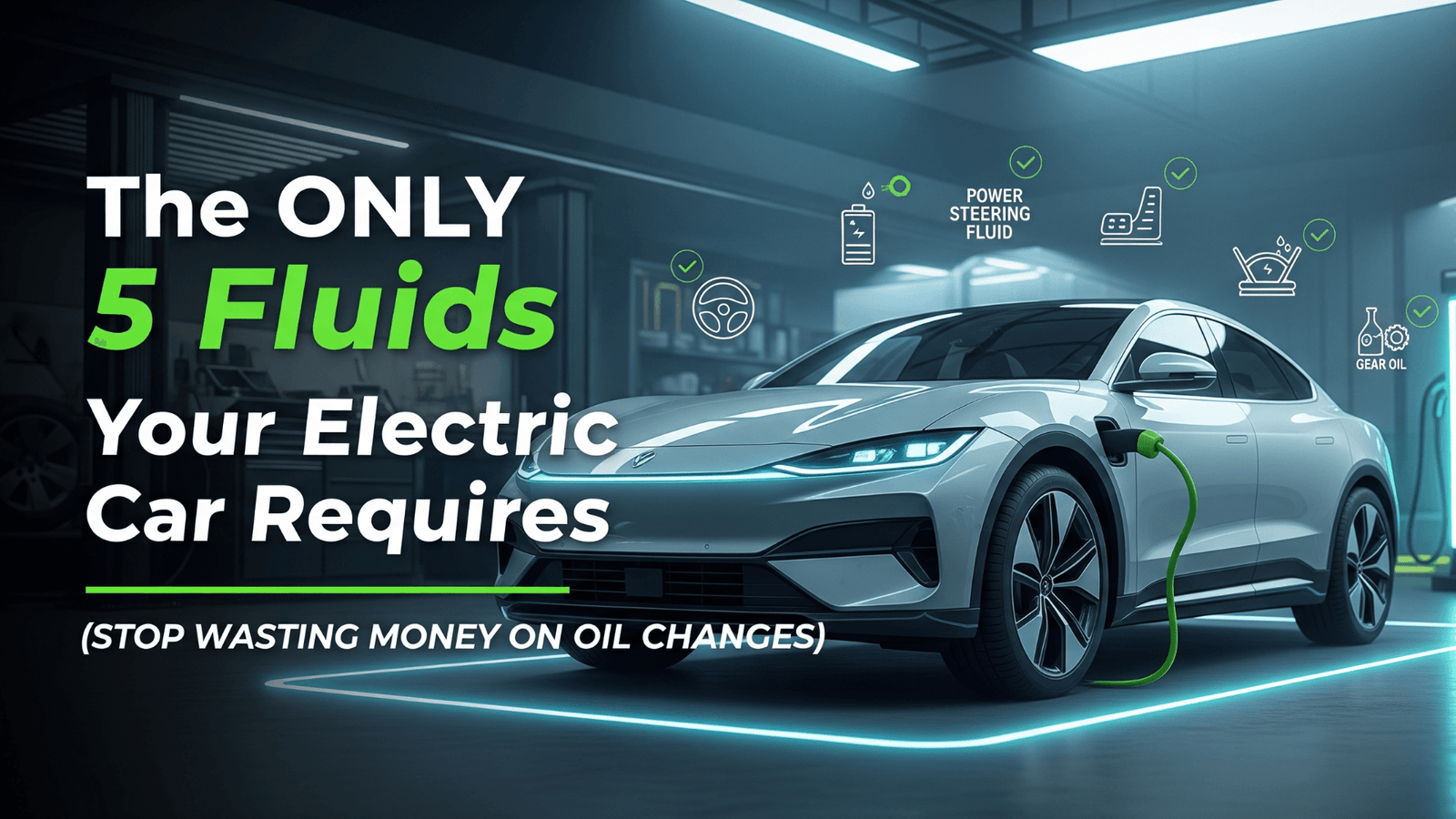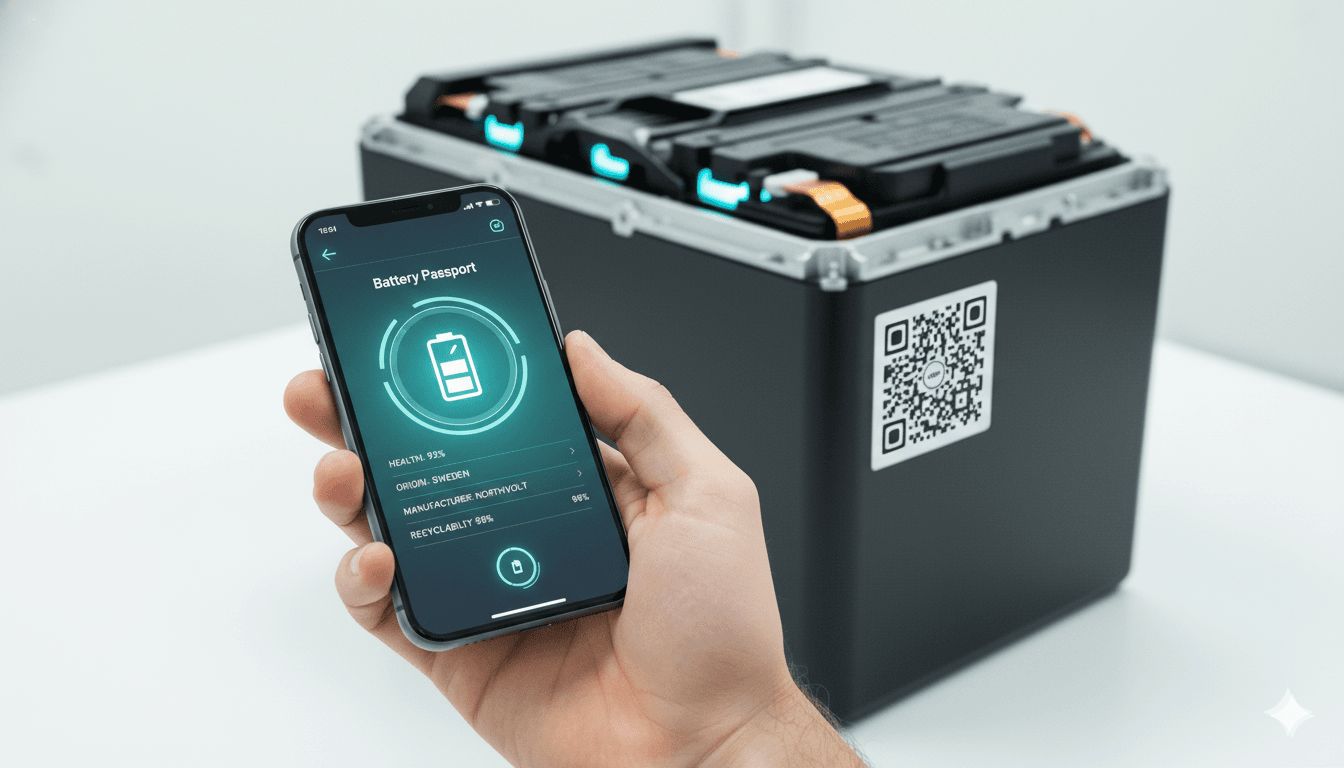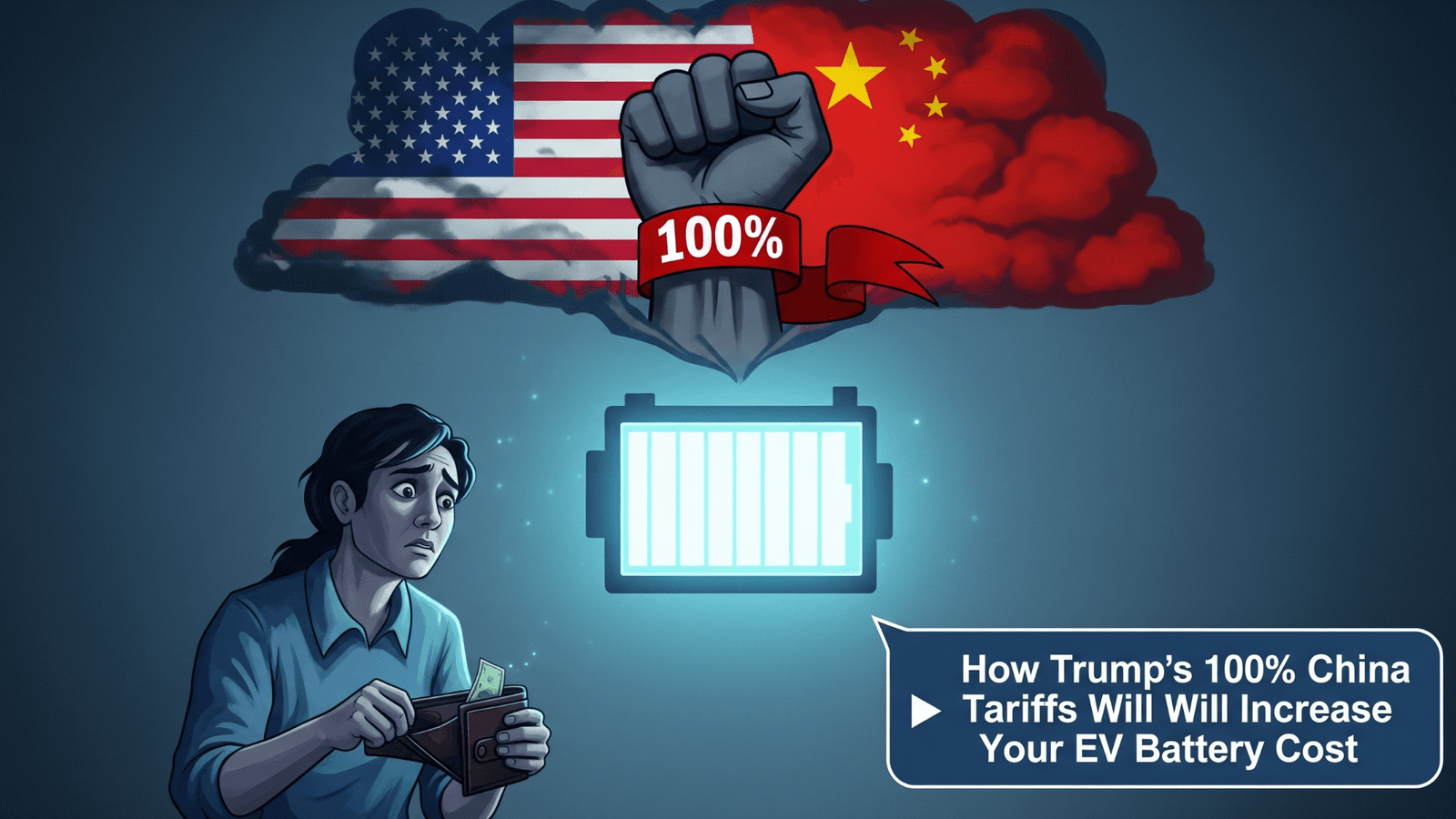The rumble of diesel engines is gradually fading as the quiet hum of electric motors takes over fields and farms. Electric tractors are revolutionizing agriculture, offering a sustainable, efficient, and surprisingly powerful alternative to traditional machinery.
Let’s take a closer look at the top contenders in the electric tractor arena:
Solectrac e25:
This compact workhorse is perfect for small farms and vineyards. With 25 horsepower and a 13.5 kWh battery pack, the e25 can handle mowing, tilling, and more with ease. Its nimble handling and zero emissions make it a standout for eco-conscious farmers.

Pros:
- Compact and maneuverable, ideal for small farms, vineyards, and orchards.
- 25 horsepower and 13.5 kWh battery pack suitable for a variety of tasks.
- Zero emissions and quiet operation.
- Compatible with standard Category 1 implements.
- Lower operating costs due to reduced fuel and maintenance needs.
Cons:
- Limited battery life for heavy-duty tasks.
- May require additional battery packs for longer operation.
- Not suitable for very large-scale farming operations.
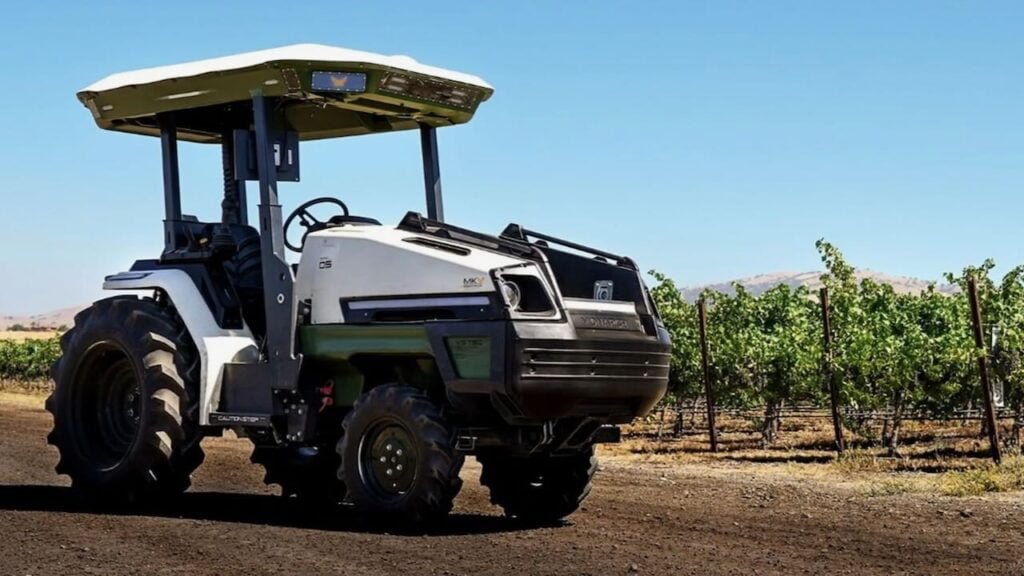
Monarch MK-V:
Built for heavy-duty tasks, the MK-V packs a punch. Boasting 70 horsepower and a 150 kWh battery pack, it’s up for the challenge of plowing, cultivating, and hauling. The MK-V’s robust design and impressive performance make it a serious contender for traditional diesel tractors.
Pros:
- Powerful 70 horsepower motor and 150 kWh battery pack for demanding tasks.
- Robust design built for heavy-duty use.
- Suitable for plowing, cultivating, and hauling.
- Zero emissions and reduced noise pollution.
- Lower long-term operating costs compared to diesel tractors.
Cons:
- Higher initial purchase price.
- Charging infrastructure may be limited in some areas.
- Heavier weight may impact soil compaction.
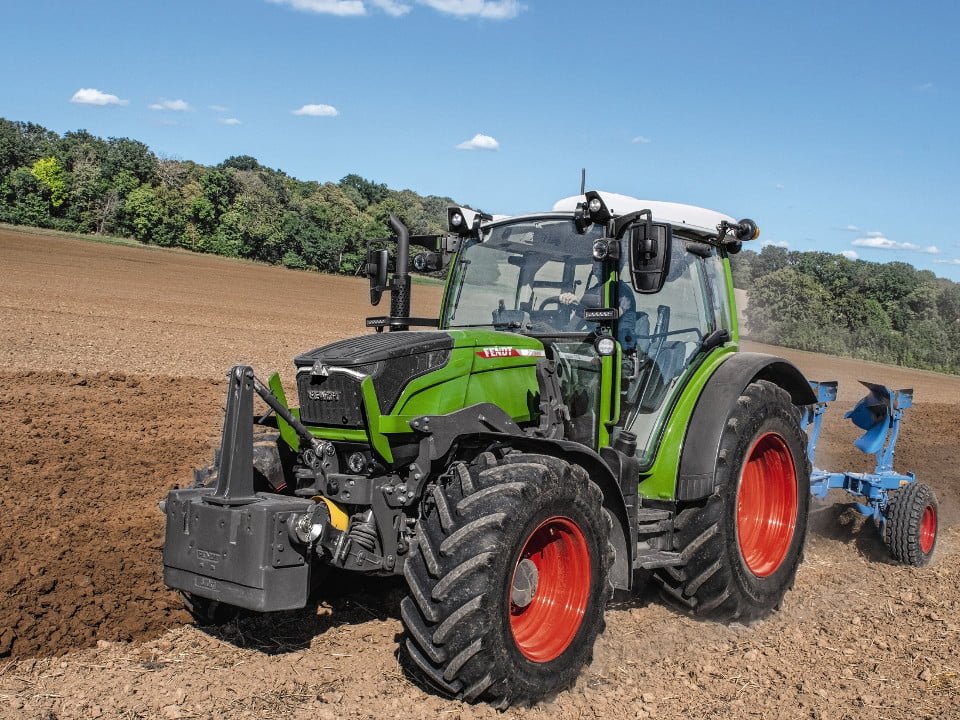
Fendt e100 Vario:
This futuristic concept tractor from Fendt showcases cutting-edge technology. The e100 Vario offers 50 kilowatts of power, a 650-volt battery, and advanced features like GPS guidance and autonomous operation. Although still in the prototype stage, it hints at the exciting possibilities for electric tractors in the near future.
Pros:
- Cutting-edge technology with 50 kW of power and a 650-volt battery.
- Features GPS guidance and potential for autonomous operation.
- Sleek, futuristic design.
- Zero emissions and quiet operation.
Cons:
- Still in the prototype stage, not commercially available.
- Battery technology and charging infrastructure need further development for widespread adoption.

John Deere Electric Concept Tractor:
While not yet commercially available, John Deere’s electric concept tractor demonstrates the company’s commitment to sustainable farming. This prototype features a powerful electric motor and a modular battery system for extended operation.
Pros:
- Demonstrates John Deere’s commitment to sustainable farming.
- Powerful electric motor and modular battery system for flexibility.
- Potential for reduced operating costs and emissions.
Cons:
- Not yet commercially available.
- Specific performance and features are yet to be confirmed.
- Battery life and charging time details are limited.

Kubota LXe-261:
This all-electric compact tractor excels at landscaping and light farm work. With a 26 horsepower motor and a comfortable ride, the LXe-261 is user-friendly and quiet, making it a favorite for homeowners and professionals alike. It offers various attachments for versatile applications.
Pros:
- Compact and comfortable design for landscaping and light farm work.
- 26 horsepower motor suitable for a variety of tasks.
- Wide range of compatible attachments.
- Quiet operation and zero emissions.
- User-friendly interface.
Cons:
- Limited battery life for heavy-duty tasks.
- Higher initial purchase price compared to gas-powered models.
- May not be powerful enough for large-scale farming operations.
Why Choose an Electric Tractor?
- Zero Emissions: Say goodbye to harmful exhaust fumes. Electric tractors are a cleaner, healthier choice for farmers, operators, and the environment.
- Reduced Noise: The near-silent operation of electric tractors is a welcome relief for both operators and those living nearby.
- Lower Operating Costs: While the initial investment might be higher, electric tractors save you money over time due to lower fuel and maintenance costs.
- Instant Torque: Electric motors provide immediate torque, making them ideal for tasks that require a quick burst of power.
Challenges and Considerations
- Battery Life: While battery technology is rapidly improving, range and charging time can still be limitations for some models.
- Price: Electric tractors tend to be more expensive than diesel counterparts, but the long-term savings can offset this.
- Infrastructure: Charging infrastructure is still developing, but the availability of fast-charging stations is increasing.
The Future of Farming is Electric
Electric tractors represent a significant shift towards a more sustainable and eco-friendly future for agriculture. As technology advances, we can anticipate even more powerful, efficient, and affordable electric tractors on the horizon.
An electric tractor is a tractor that runs on battery power instead of diesel or gasoline. These tractors use electric motors for propulsion and other functions, offering numerous benefits like zero emissions, reduced noise, and lower operating costs.
Electric tractor prices vary depending on size, power, and features. Smaller models designed for landscaping can start around $15,000, while larger farm tractors can cost upwards of $100,000. However, the long-term cost savings due to lower fuel and maintenance expenses can offset the initial investment.
Battery life depends on the tractor’s size, power output, and the intensity of work. Smaller lawn tractors might run for a few hours, while larger farm tractors with bigger batteries can operate for a full day. Many manufacturers are developing fast-charging solutions to minimize downtime.
Yes, electric tractors can handle a wide range of tasks, from mowing lawns and hauling materials to plowing fields and cultivating crops. Their instant torque delivery makes them particularly well-suited for tasks requiring high power.
Most electric tractors can be charged using standard electrical outlets, while some larger models may require specialized charging stations. Some manufacturers offer fast-charging options for quicker turnaround times.
Yes, several companies are developing larger electric tractors with the power and battery capacity to handle demanding agricultural tasks. While the infrastructure for charging these tractors is still developing, they show great promise for large-scale farming operations.
Electric tractors generally require less maintenance than diesel tractors due to the simplicity of their electric motors. However, they still need regular inspections and occasional battery maintenance.
In some regions, government incentives and tax credits are available to encourage the adoption of electric tractors and other sustainable farming practices. Check with your local government agencies or agricultural organizations for more information.
Several established tractor manufacturers, including John Deere, Kubota, and Fendt, are developing electric models. Additionally, newer companies like Solectrac and Monarch Tractor are specializing in electric tractor technology.
The future of electric tractors is bright. As battery technology continues to improve and charging infrastructure expands, electric tractors are poised to become the standard in agriculture and landscaping. They offer a sustainable, efficient, and quieter alternative to traditional diesel tractors, leading to a cleaner and healthier environment.

Suhas Shrikant is the founder of Vecharged and an engineering enthusiast specializing in high-power off-grid solar systems. He has designed and built over a dozen custom systems and uses his hands-on, field-tested experience to create Vecharged’s expert guides and reviews.









